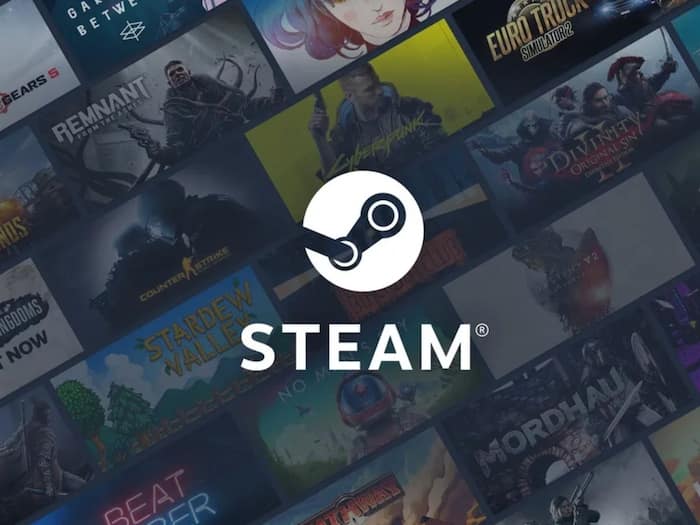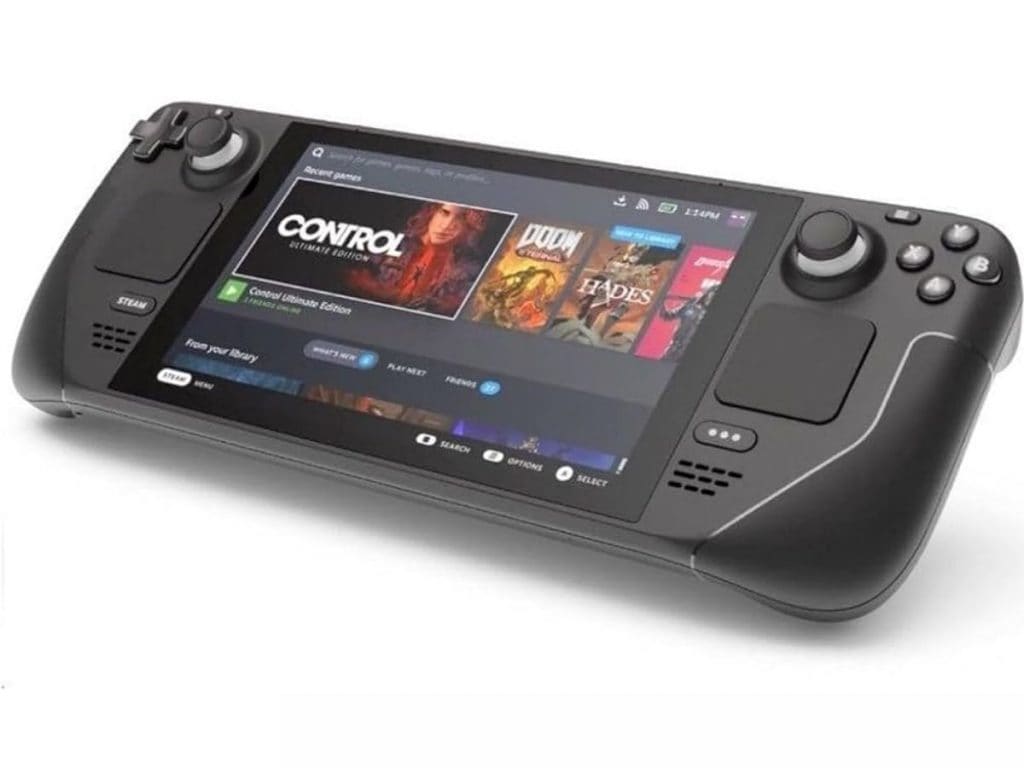
Written By Madhav Malhotra
Published By: Madhav Malhotra | Published: May 24, 2025, 01:38 PM (IST)

Valve is gearing up to expand its SteamOS ecosystem. In a fresh update to its official FAQ, the company confirmed it’s now working with additional hardware partners. This means that more handheld devices will get run on SteamOS soon. While Valve hasn’t dropped any names yet, the move signals that more handhelds and even non-handheld gaming devices. Also Read: Microsoft’s Next Xbox May Run Full Windows, Support Steam And Epic Games Store
Back in January, Lenovo’s Legion Go S was the only officially confirmed SteamOS partner. It was one of the first handhelds to run SteamOS outside of Valve’s own device, the Steam Deck. But that seems to be changing, as Valve says it’s now collaborating with selected OEMs and is inviting more manufacturers to inquire about licensing details. Also Read: Unleash the Avatar: Indian Soulslike Game Gets New Gameplay Trailer Ahead Of 2026 Launch

Also Read: Sony Could Revive Portable Gaming With Nintendo Switch-Like PS6 Handheld
The most interesting part is that Valve has confirmed that these devices may still not be handhelds at all. SteamOS was built for gaming, but it’s flexible enough to power desktops, consoles, or something entirely new. For now, the only officially supported SteamOS devices are the Steam Deck and the Lenovo Legion Go S.
SteamOS is Valve’s Linux-based operating system, designed specifically for gaming. It uses the Steam Client as its primary interface and is optimized for controller use. SteamOS includes features like full access to your Steam Library, along with Steam Chat, Game Recording, and much more. It also has automatic system and driver updates, making software upgrades hassle-free. SteamOS runs over 18,000 Steam games using Proton, which is a compatibility layer that lets users play Windows titles on Linux.
It’s pretty flexible too, since users can switch to a standard Linux desktop environment and install other software or use alternative game launchers. The OS is based on Arch Linux, and while its core is open source, the Steam Client and some drivers remain proprietary. Valve is also focusing on better compatibility with AMD-powered handheld PCs, which should lead to smoother performance and broader support across the growing market of portable gaming machines.